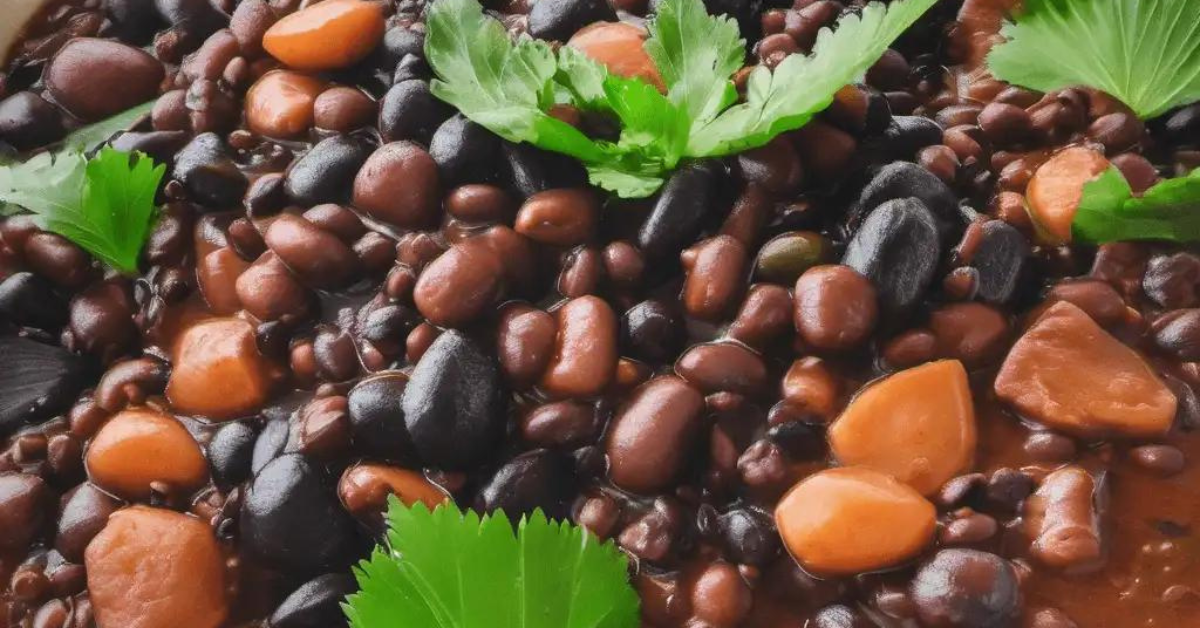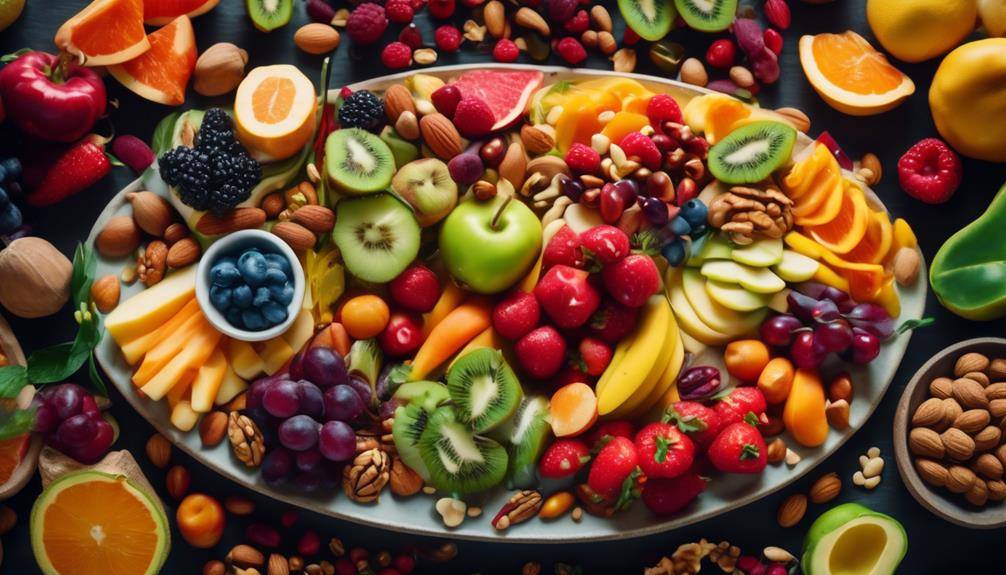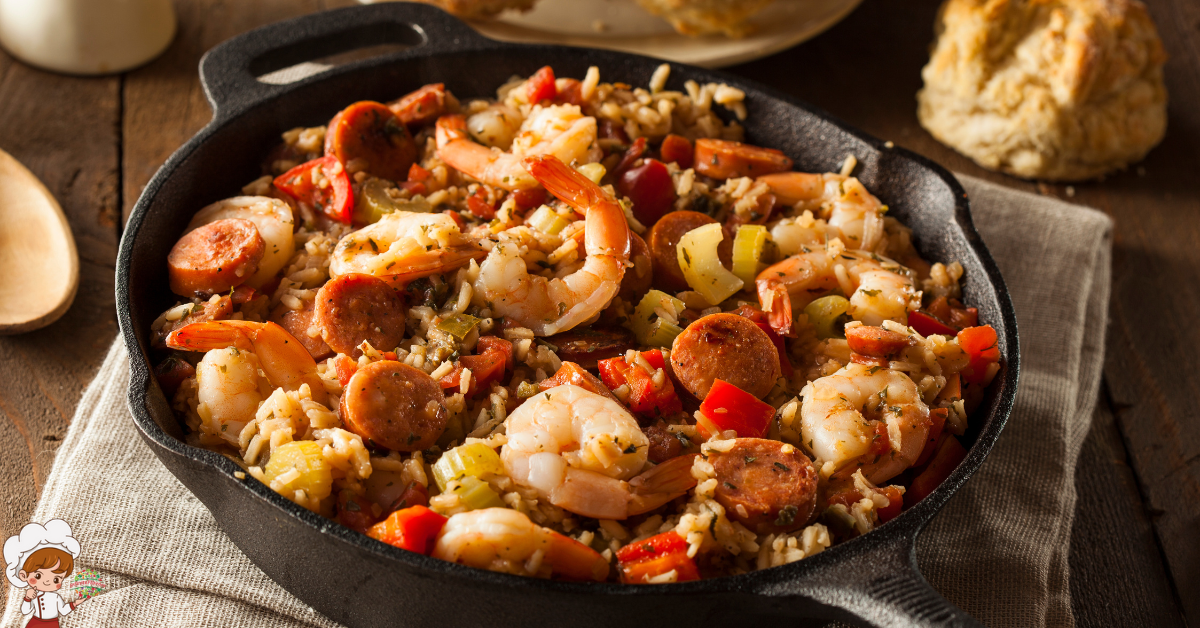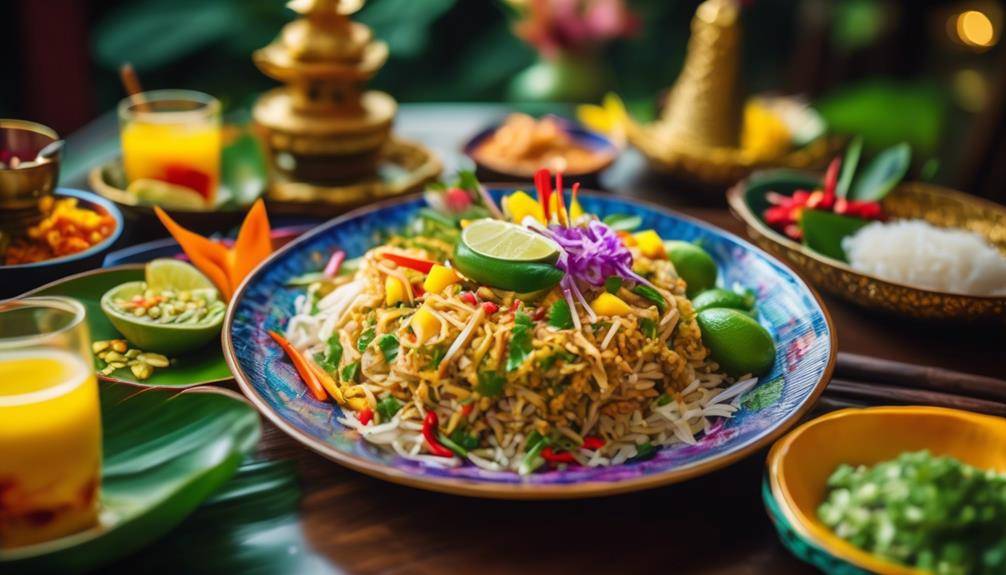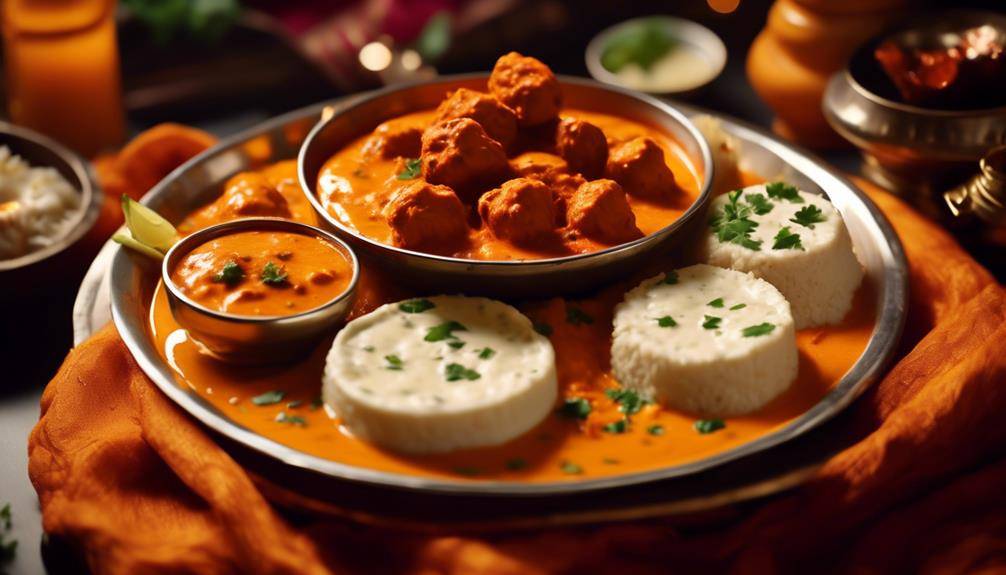All About The Best French Vegan Cooking
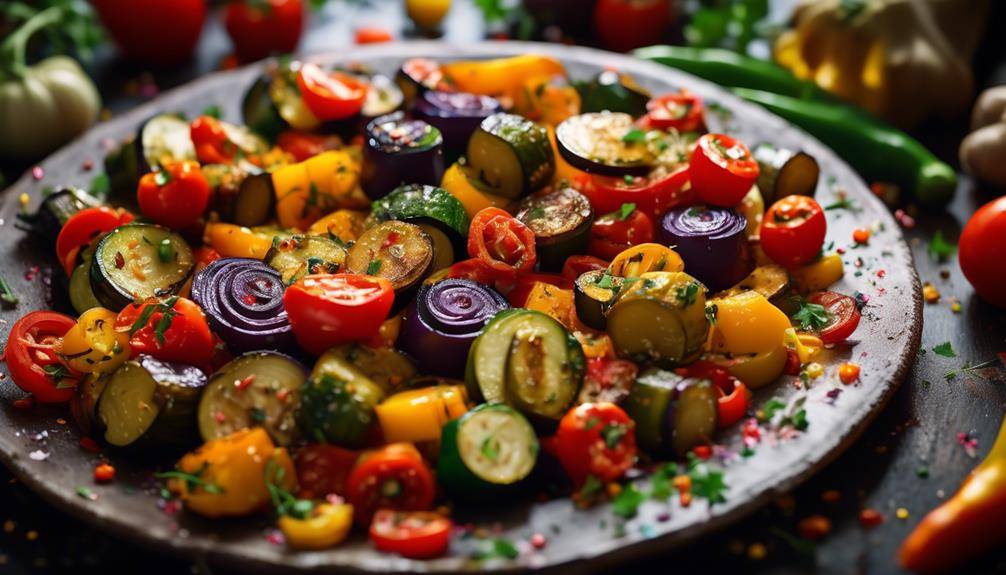
All About The Best French Vegan Cooking; Are you tired of the same old vegan recipes and craving something new and exciting? Look no further than the world of French vegan cooking. In this discussion, we will explore the rise of French vegan cuisine and how traditional French dishes can be transformed into delicious vegan alternatives. We will also delve into the art of creating flavorful vegan sauces, mastering the perfect vegan ratatouille, and veganizing classic French soups and stews. But that’s not all – we will also uncover the secrets behind veganizing French bistro favorites and indulging in decadent French vegan desserts. So, get ready to embark on a culinary journey and discover the wonders of French vegan cooking.
The Rise of French Vegan Cuisine
French vegan cuisine has been gaining popularity in recent years, reflecting a growing trend towards plant-based eating in France. This shift in dietary preferences has had a significant cultural impact on the country, influencing not only the way people eat but also the way they think about food.
The rise of French vegan cuisine has challenged traditional notions of French gastronomy, which has long been associated with meat and dairy. By promoting a plant-based lifestyle, French vegan cooking has encouraged a reevaluation of the culinary traditions that have shaped the nation’s identity for centuries. This has sparked debates about the preservation of cultural heritage and the need to adapt to changing dietary preferences.
Furthermore, the influence of French vegan cooking on global food trends cannot be ignored. France has always been considered a culinary powerhouse, with its cuisine serving as a benchmark for gastronomy worldwide. As French vegan cuisine gains traction, it has the potential to shape global food trends and pave the way for other countries to embrace plant-based eating.
French vegan cuisine has also contributed to the diversification of food options, providing a new and exciting alternative for those seeking healthier and more sustainable choices. With its emphasis on fresh produce, herbs, and spices, French vegan cooking offers a unique and flavorful experience that appeals to a wide range of palates.
Traditional French Dishes Made Vegan
As the popularity of French vegan cuisine continues to rise, a fascinating aspect to explore is the adaptation of traditional French dishes to suit a plant-based lifestyle. Veganizing French classics requires creativity and knowledge of French vegan cooking techniques. Here are four examples of how traditional French dishes can be transformed into delicious vegan alternatives:
- Coq au Vin: Instead of using chicken, replace it with seitan or tofu marinated in red wine, mushrooms, pearl onions, and herbs. The result is a hearty and flavorful vegan version of this classic dish.
- Ratatouille: This famous vegetable stew can easily be made vegan by omitting the cheese that is traditionally sprinkled on top. The key to achieving the rich flavors of ratatouille lies in slow-cooking the vegetables with herbs like thyme, rosemary, and bay leaves.
- Bouillabaisse: Swap out the fish and seafood in this Provençal fish stew with plant-based alternatives like tofu or tempeh. By using a combination of vegetable broth, saffron, tomatoes, and various herbs, you can recreate the aromatic flavors of the original dish.
- Crème Brûlée: This creamy and decadent dessert can be made vegan by using coconut milk or cashew cream as a substitute for the traditional dairy base. Caramelizing the sugar on top creates the signature crunchy crust that adds the perfect finishing touch.
The French Art of Flavorful Vegan Sauces
Get ready to explore the world of creamy plant-based alternatives, infused with a delicate blend of herbs and spices, as we dive into the French art of flavorful vegan sauces. Discover how traditional French sauce techniques are adapted to create rich and satisfying sauces that will elevate any dish. From velvety béchamel to tangy hollandaise, these vegan sauces will leave your taste buds begging for more.
Creamy Plant-Based Alternatives
Indulge in the delectable world of creamy plant-based alternatives, where the art of French vegan cooking shines through in the creation of flavorful and satisfying vegan sauces. Here are four mouthwatering options that will elevate your dishes to new heights:
- Cashew cream: Made from soaked cashews blended with water, this creamy alternative adds richness to sauces like béchamel or mushroom stroganoff. Its smooth texture and subtle nutty flavor mimic traditional dairy cream.
- Coconut milk: With its creamy consistency and tropical taste, coconut milk is an excellent base for curries and creamy soups. Its natural sweetness adds depth and complexity to any dish.
- Silken tofu: This versatile ingredient can be used to create creamy dressings, dips, and even cheesecakes. Its silky texture and neutral taste make it a perfect substitute for cream or cheese.
- Nutritional yeast: This savory ingredient lends a cheesy flavor to vegan sauces. Sprinkle it over your dishes to add a rich and creamy taste without any dairy.
Embrace the French art of vegan cooking and explore the world of creamy plant-based alternatives that will delight your taste buds.
Herbs and Spices Infusion
To continue exploring the art of French vegan cooking, let’s now delve into the infusion of herbs and spices, which adds a flavorful touch to vegan sauces. The pairing of herbs and spices is a fundamental aspect of French cuisine, as it enhances the taste and aroma of dishes.
When it comes to infusing these ingredients into vegan sauces, the possibilities are endless. For example, a classic combination includes thyme and rosemary for a savory sauce, while a blend of basil and oregano creates a zesty and refreshing flavor profile. Not only do these infusions provide a burst of taste, but they also offer numerous health benefits. Herbs and spices are known to be rich in antioxidants, anti-inflammatory properties, and essential nutrients. So, next time you’re preparing a vegan sauce, don’t forget to experiment with different herb and spice infusions to elevate your dish to new heights.
Traditional French Sauce Techniques
Have you ever wondered how to achieve the rich and complex flavors of traditional French sauces in your vegan cooking? Well, fear not, because veganizing classic French sauces is not as daunting as it may seem. By incorporating French flavors into your vegan dishes, you can create sauces that are just as delicious and satisfying. Here are four techniques to help you on your journey to mastering the art of flavorful vegan sauces:
- Use vegetable broth as a base: Replace meat or poultry stock with a flavorful vegetable broth to add depth and richness to your sauces.
- Incorporate herbs and spices: French cuisine is known for its use of aromatic herbs and spices. Experiment with herbs like thyme, rosemary, and tarragon, and spices like paprika and cloves, to infuse your sauces with authentic French flavors.
- Create a roux: A roux is a mixture of flour and fat used to thicken sauces. Substitute the butter with vegan margarine or oil, and the flour with a gluten-free alternative if needed, to make a vegan roux.
- Finish with a touch of acidity: Traditional French sauces often have a hint of acidity to balance the flavors. Add a squeeze of lemon juice or a splash of vinegar to achieve that perfect balance in your vegan sauces.
Mastering the Perfect Vegan Ratatouille
For a taste of traditional French cuisine with a plant-based twist, perfect your skills in preparing a delectable vegan ratatouille. Veganizing traditional French cuisine has become increasingly popular as more people choose to follow a plant-based diet. By creating vegan versions of classic French dishes, such as ratatouille, you can enjoy the flavors of France while staying true to your dietary preferences.
Ratatouille is a beloved dish originating from the Provence region of France. It is a stewed vegetable medley consisting of eggplant, zucchini, bell peppers, onions, and tomatoes. Traditionally, the vegetables are cooked slowly in olive oil until they become tender and flavorful. To make the dish vegan, you simply need to replace the animal-derived ingredients, such as butter and cheese, with plant-based alternatives.
To begin, gather the freshest vegetables you can find. Look for vibrant and firm eggplants, zucchinis, and bell peppers. Slice the vegetables evenly to ensure even cooking. Sauté the onions and garlic in a bit of olive oil until they turn translucent and fragrant. Then, add the remaining vegetables and cook them until they become tender but still retain their shape. Season with herbs like thyme and oregano, as well as salt and pepper, to enhance the flavors.
Once your vegan ratatouille is ready, serve it hot, garnished with fresh herbs, alongside crusty bread or fluffy quinoa. This dish is not only visually appealing, but it also bursts with the flavors of the Mediterranean. The combination of the tender vegetables and aromatic herbs creates a harmonious symphony of tastes that will transport you to the sunny hills of Provence.
Mastering the perfect vegan ratatouille allows you to enjoy a classic French dish while staying true to your plant-based lifestyle. By veganizing traditional recipes, you can savor the rich flavors and cultural heritage of French cuisine without compromising your dietary choices. So, put on your apron and get ready to create a vegan masterpiece that will impress even the most discerning palates.
Veganizing Classic French Soups and Stews
Now that you have mastered the art of preparing a delectable vegan ratatouille, let’s explore the exciting world of veganizing classic French soups and stews. French cuisine is known for its rich and flavorful soups and stews, but with a few simple substitutions, you can create vegan versions that are just as delicious. Here are four ways to veganize classic French soups and stews:
- Replace animal-based broth with vegetable broth: Many French soups and stews traditionally use meat or fish broth as a base. However, you can easily swap this out for vegetable broth to keep your dish completely plant-based. Vegetable broth adds a savory and aromatic flavor that complements the other ingredients.
- Use plant-based protein substitutes: French soups and stews often contain meat or seafood for protein. To make them vegan, you can incorporate plant-based protein substitutes such as tofu, seitan, or tempeh. These ingredients add a satisfying texture and protein content to your dish.
- Enhance flavors with herbs and spices: French cuisine relies heavily on herbs and spices to elevate the flavors of soups and stews. By using a variety of herbs and spices, such as thyme, rosemary, bay leaves, and paprika, you can create depth and complexity in your veganized versions.
- Add vegetables for texture and nutrition: French soups and stews are typically packed with a variety of vegetables. To veganize these dishes, ensure you incorporate a diverse range of vegetables, such as carrots, potatoes, leeks, and mushrooms. These ingredients not only add texture but also provide essential nutrients.
French Vegan Pastries and Baked Goods
To indulge in the delectable world of French vegan pastries and baked goods, you’ll discover a delightful array of plant-based treats that rival their traditional counterparts in taste and texture. French vegan pastry trends have seen a surge in popularity in recent years, with pastry chefs and home cooks alike experimenting with innovative and delicious plant-based alternatives. These vegan French pastries not only cater to those who follow a vegan lifestyle but also offer a healthier option for those looking to reduce their consumption of animal products.
One of the most popular vegan French pastries is the vegan croissant. Made with a flaky and buttery dough, these croissants are filled with various plant-based fillings like chocolate, almond paste, or fruit compote. The secret to achieving the signature flakiness lies in using vegan butter and carefully laminating the dough.
Another beloved vegan French pastry is the vegan macaron. These delicate and colorful meringue-based cookies are traditionally made with egg whites, but vegan versions use aquafaba, the liquid from canned chickpeas, as a substitute. The result is a light and airy cookie with a crisp shell and a soft, chewy interior. Flavors range from classic options like vanilla and chocolate to more unique combinations like lavender or matcha.
French vegan pastry trends have also seen the rise of vegan tarts and pies. From fruit-filled tarts to rich and creamy vegan custard pies, these desserts showcase the versatility of plant-based ingredients. The crusts are made with vegan butter or coconut oil, and the fillings are often based on coconut milk or silken tofu, resulting in desserts that are both decadent and dairy-free.
Indulgent Vegan Cheese and Charcuterie
Get ready to indulge in a world of vegan cheese and charcuterie options that will satisfy your cravings and impress your taste buds. From creamy plant-based cheeses made from cashews and almonds to smoky vegan sausages and patés, there are plenty of alternatives to traditional dairy and meat products. Explore French-inspired vegan recipes that showcase the art of creating indulgent cheese and charcuterie boards without compromising on flavor or texture.
Vegan Cheese Options
Indulge in the sumptuous flavors of vegan cheese and charcuterie, as you explore the myriad options that will satisfy even the most discerning palate. When it comes to vegan cheese alternatives, there are countless delicious choices available. Whether you’re looking for a creamy spread or a firm, sliceable option, you’ll find something to suit your taste. Here are four exceptional vegan cheese options to consider:
- Cashew Cheese: Made from soaked and blended cashews, this rich and creamy cheese is perfect for spreading on crackers or bread.
- Almond Feta: This tangy and crumbly cheese is made by fermenting almonds with probiotics, resulting in a unique and satisfying flavor.
- Coconut Milk Brie: Indulge in the velvety texture and delicate taste of this dairy-free brie, made from coconut milk and aged to perfection.
- Homemade Nut Cheese: Get creative in your own kitchen by crafting your own vegan cheese using a variety of nuts, herbs, and spices. Experiment with different flavors and textures to create a cheese that is truly unique.
With these tantalizing vegan cheese options, you can elevate your charcuterie board or enjoy them on their own for a truly indulgent experience.
Plant-Based Charcuterie Alternatives
As we continue our exploration of vegan cheese options, let’s now turn our attention to the indulgent world of plant-based charcuterie alternatives. When it comes to creating a vegan charcuterie board, there are plenty of creative plant-based alternatives that can satisfy your cravings. Instead of traditional cured meats, you can opt for vegan salami made from a combination of ingredients like mushrooms, tofu, and tempeh.
These alternatives offer a similar texture and flavor to the real thing, without any animal products. For those who enjoy pâté, there are plant-based options made from ingredients like lentils, nuts, and vegetables, which provide a rich and creamy texture. Additionally, you can include a variety of vegan cheeses, such as cashew-based brie or almond-based feta, to complete your plant-based charcuterie board. With these creative alternatives, you can enjoy a delicious and guilt-free charcuterie experience.
French-Inspired Vegan Recipes
For those craving a taste of French indulgence, explore these delectable vegan recipes that capture the essence of French cuisine with their indulgent vegan cheese and charcuterie options. French-inspired vegan desserts can be just as decadent and satisfying as their non-vegan counterparts. Here are four recipes to try:
- Vegan Brie: Made from cashews and coconut milk, this creamy and tangy cheese is perfect for spreading on crusty baguettes.
- Vegan Camembert: With a soft and gooey center, this vegan version of the classic cheese is a delightful addition to any cheese board.
- Vegan Foie Gras: Using ingredients like mushrooms and lentils, this plant-based alternative achieves the rich flavor and buttery texture of traditional foie gras.
- Vegan Charcuterie: Create a beautiful platter with a selection of vegan sausages, pâté, and cured meats made from ingredients like tofu, tempeh, and seitan.
To achieve the best results when making these recipes, here are some tips for successful vegan cooking techniques:
- Use high-quality ingredients to ensure a rich and authentic flavor.
- Experiment with different plant-based substitutes to find the taste and texture that you enjoy the most.
- Incorporate herbs, spices, and other seasonings to add depth and complexity to your dishes.
- Don’t be afraid to get creative and put your own spin on traditional French recipes.
Veganizing French Bistro Favorites
To create vegan versions of beloved French bistro classics, you’ll need to reimagine traditional ingredients and techniques while still capturing the essence of these iconic dishes. French comfort food is known for its rich flavors and hearty textures, but with a little creativity, you can easily veganize these dishes without sacrificing taste.
One popular dish that is often associated with French cuisine is Coq au Vin, a traditional chicken stew cooked in red wine. To make a vegan version, you can replace the chicken with seitan, a plant-based protein made from wheat gluten. The seitan will mimic the texture of chicken, while still absorbing the flavors of the red wine and aromatic vegetables.
Another classic French bistro favorite is Quiche Lorraine, a savory tart made with eggs, cream, and bacon. To veganize this dish, you can use silken tofu as a substitute for the eggs and coconut milk as a replacement for the cream. For the smoky flavor of bacon, you can use tempeh or liquid smoke. By combining these plant-based alternatives, you can still enjoy the creamy and indulgent taste of Quiche Lorraine.
For dessert, you can veganize the famous Crème Brûlée by using coconut milk instead of dairy cream and cornstarch to thicken the custard. The caramelized sugar topping can be achieved by using a blowtorch or broiler, just like the traditional version.
Decadent French Vegan Desserts
After exploring veganized versions of beloved French bistro favorites, let’s now indulge in the world of decadent French vegan desserts. French patisserie is renowned for its delicate pastries and rich, creamy treats, but you might be wondering how these can be recreated without using animal products. Fear not, for veganizing French patisserie is not only possible but also results in incredibly delicious and decadent desserts. Here are four examples to satisfy your sweet tooth:
- Vegan Chocolate Mousse: Imagine a velvety smooth, airy mousse made with rich, dark chocolate and without any dairy or eggs. This indulgent dessert is achieved by using aquafaba, the liquid from canned chickpeas, which whips up into a light foam that mimics the texture of traditional mousse.
- Vegan Crème Brûlée: This classic French dessert gets a vegan makeover by replacing the traditional custard base with a blend of coconut milk and silken tofu. The result is a luscious, creamy custard with a caramelized sugar topping that cracks under your spoon.
- Vegan Macarons: These delicate, colorful almond-based cookies can be made without eggs by using aquafaba as an egg substitute. Filled with a variety of vegan buttercream or fruit-based fillings, these macarons are just as beautiful and delicious as their non-vegan counterparts.
- Vegan Tarte Tatin: This upside-down caramelized apple tart can be made vegan by using plant-based butter and a flaky, buttery vegan pie crust. The caramel sauce is made from coconut milk and brown sugar, giving it the same rich and sticky sweetness as the original.
With these decadent vegan chocolate creations and other veganized French patisserie delights, you can enjoy the flavors and textures of traditional French desserts without compromising your vegan lifestyle. Bon appétit!
Exploring Regional Vegan French Cuisine
Let’s now delve into the diverse and vibrant world of regional vegan French cuisine. While French cuisine is often associated with rich and indulgent dishes, it is possible to explore a variety of vegan options that capture the essence of different regions in France.
One aspect to explore is the realm of vegan French pastries. From the buttery croissants of Paris to the delicate macarons of Ladurée, these iconic treats can also be enjoyed in vegan form. By substituting traditional ingredients with plant-based alternatives, such as vegan butter and aquafaba, it is possible to create flaky and delicious pastries that are cruelty-free.
In addition to pastries, it is also interesting to explore the process of veganizing regional French dishes. Each region in France has its own unique culinary traditions, and by replacing animal products with plant-based alternatives, it is possible to create vegan versions of these traditional dishes.
For example, in the Provence region, known for its vibrant flavors and Mediterranean influence, the classic dish ratatouille can be made vegan by using olive oil instead of butter and omitting the traditional eggs. In the Alsace region, famous for its hearty dishes, sauerkraut can be made vegan by using tempeh or seitan instead of meat.
Exploring vegan French cuisine is not only a way to enjoy delicious food, but it also allows us to appreciate the diversity and creativity of plant-based cooking. By incorporating plant-based alternatives into traditional French recipes, we can create dishes that are both compassionate and full of flavor. So go ahead, embark on a culinary adventure and discover the wonders of regional vegan French cuisine.
Tips and Tricks for Successful French Vegan Cooking
For successful vegan cooking in the French culinary tradition, here are some helpful tips and tricks to enhance your skills and create delicious plant-based dishes.
- Invest in the right French vegan cooking equipment: To master the art of French vegan cooking, it’s essential to have the right tools in your kitchen. Invest in a good quality chef’s knife, a sturdy cutting board, and a set of stainless steel pots and pans. These will help you tackle the intricate techniques and delicate flavors that are characteristic of French cuisine.
- Master the art of flavoring: French cuisine is known for its rich and complex flavors. To add depth to your vegan dishes, experiment with herbs and spices commonly used in French cooking, such as thyme, rosemary, parsley, and tarragon. Don’t be afraid to play with different combinations to create your own unique flavor profiles.
- Source vegan ingredients locally: While France may be known for its cheese and meat-centric dishes, there are plenty of vegan ingredients available if you know where to look. Visit local farmers’ markets, health food stores, and specialty shops to find fresh, seasonal produce, plant-based proteins, and dairy alternatives. You can also try growing your own herbs and vegetables to ensure the freshest ingredients for your French vegan dishes.
- Adapt traditional French recipes: French cuisine is deeply rooted in tradition, but that doesn’t mean you can’t give it a vegan twist. Look for traditional French recipes and find creative ways to substitute animal-based ingredients with plant-based alternatives. For example, use cashew cream instead of dairy cream, tofu instead of eggs, and nutritional yeast instead of cheese. By adapting these recipes, you can enjoy the flavors of French cuisine while staying true to your vegan lifestyle.
Frequently Asked Questions
Are There Any Popular Vegan Substitutes for Traditional French Ingredients Like Butter and Cream?
You can easily find vegan alternatives for traditional French ingredients like butter and cream. Is it possible to recreate the rich and creamy texture? Yes! Many plant-based options, like vegan butter and cashew cream, can achieve similar flavors and textures.
What Are Some Tips for Creating Flavorful Vegan Sauces in French Cooking?
To create flavorful vegan sauces in French cooking, try these tips, techniques, and flavor combinations. Experiment with herbs and spices, use vegetable stock or wine as a base, and add richness with ingredients like nutritional yeast or cashew cream.
How Can I Veganize Classic French Soups and Stews Without Sacrificing Taste?
To veganize classic French soups and stews without sacrificing taste, you can use vegetable broth instead of meat-based stocks, add hearty vegetables and legumes for texture, and season with herbs and spices for flavor.
What Are Some Traditional French Pastries and Baked Goods That Can Easily Be Made Vegan?
To veganize traditional French pastries, you can easily make vegan croissants. By substituting butter with plant-based alternatives, such as vegan margarine, you can create a flaky and delicious pastry that is completely animal-free.
Can You Recommend Any Vegan Alternatives for Popular French Cheese and Charcuterie?
You can find vegan alternatives for popular French cheese and charcuterie that can satisfy your cravings. Additionally, there are vegan substitutes for traditional French ingredients like butter and cream, allowing you to create delicious vegan versions of classic French dishes.
Conclusion
In conclusion, French vegan cooking has experienced a remarkable rise in popularity, with traditional dishes being successfully transformed into vegan versions. The art of creating flavorful vegan sauces and the mastery of the perfect vegan ratatouille showcase the creativity and skill of French vegan chefs. Additionally, veganized French soups, stews, bistro favorites, and decadent desserts offer a wide range of delicious options. Exploring regional vegan French cuisine allows for a diverse and exciting culinary experience. With these tips and tricks, anyone can achieve successful French vegan cooking.



